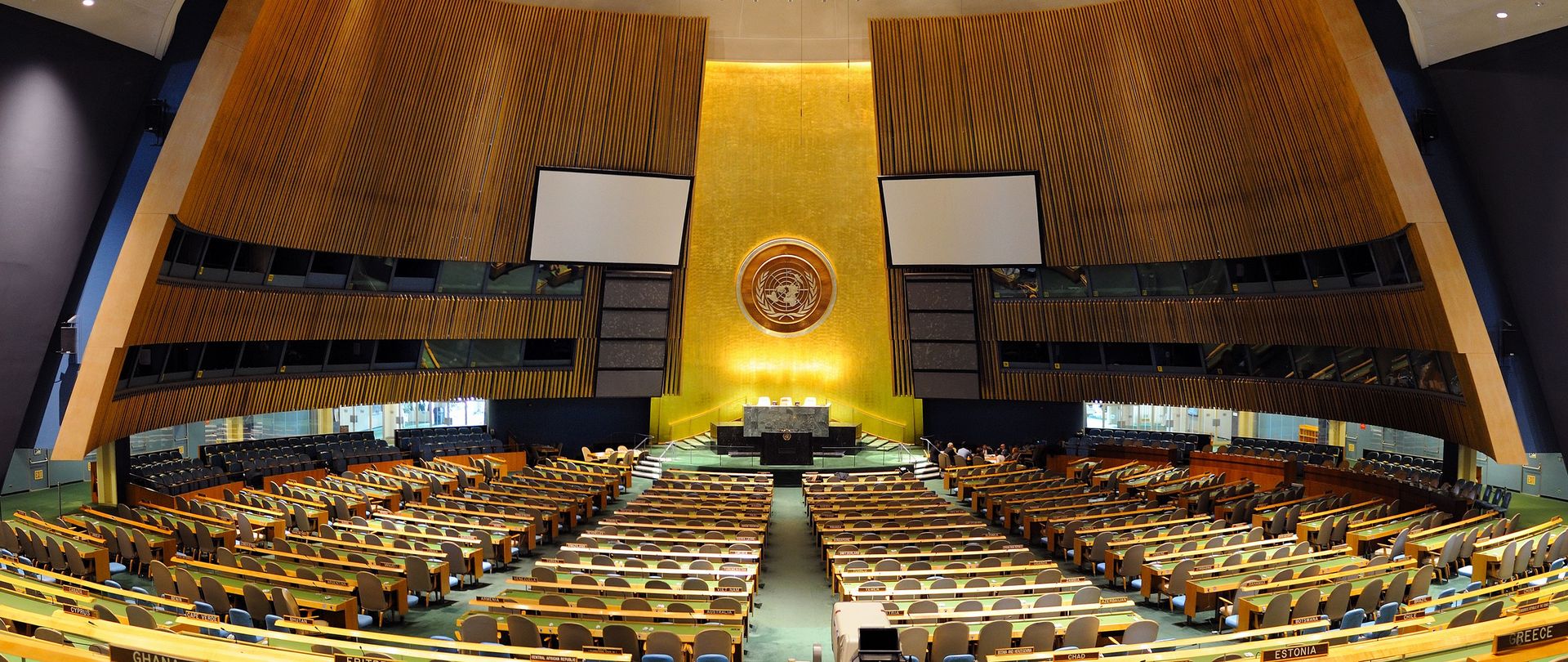
© Songquan Deng/Shutterstock.com
International Cooperation
Many origin, transit and host countries can no longer cope with migration- and displacement-related tasks on their own. Against this backdrop, international cooperation in the area of displacement and migration is becoming increasingly important, even if “Global Migration Governance” remains rather ineffective overall. Pressing future tasks include closing the protection gaps for internally displaced persons and for people fleeing as a result of environmental changes caused by climate change.
Publications
-
Regional Free Movement of Persons as an Opportunity in Dealing with Climate Mobility
Great Potential, Difficult Implementation
SWP Comment 2025/C 07, 12.02.2025, 8 Pagesdoi:10.18449/2025C07
-
Recruiting Refugees: Labour mobility as a complementary pathway for people fleeing from conflict
Across Europe, political parties keep calling for tougher migration policies. Kristina Korte and Daniele Albanese explain how labour mobility programs can provide safe pathways for refugees while helping to reduce labour shortages in the EU.
SWP Podcast 2024/eP 04, 15.10.2024 -
Displacement and Migration in the International Climate Negotiations
Loss and Damage Debate Offers New Scope for Action
SWP Comment 2023/C 56, 04.12.2023, 7 Pagesdoi:10.18449/2023C56
-
The Future of Global Mobility
Why We Need a Debate about Multilateral and Digital Solutions to Prevent the Global South from Being Excluded from International Travel
SWP Comment 2022/C 13, 23.02.2022, 8 Pagesdoi:10.18449/2022C13
-
The Global Compact for Migration and Public Health in the Context of the Covid-19 Pandemic
Untapped Potential for Strengthening Health Systems
SWP Comment 2020/C 44, 29.09.2020, 4 Pagesdoi:10.18449/2020C44
-
Migration and the 2030 Agenda: Making Everyone Count
Migrants and Refugees in the Sustainable Development Goals
SWP Comment 2020/C 38, 17.07.2020, 4 Pagesdoi:10.18449/2020C38